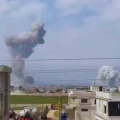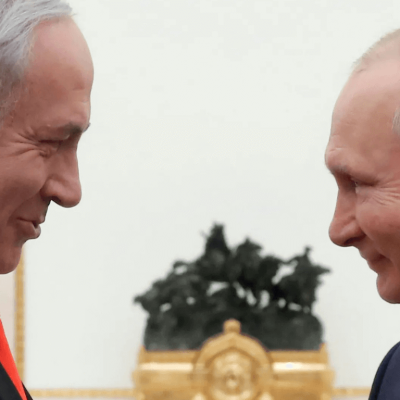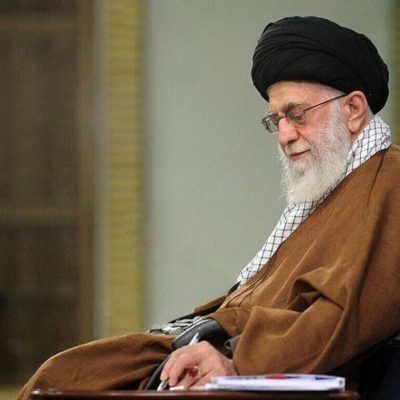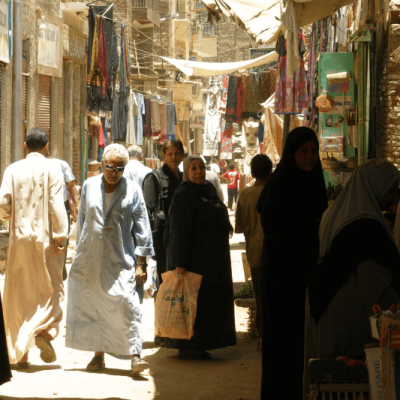Hezbollah-Israel Conflict Escalates: Latest Development
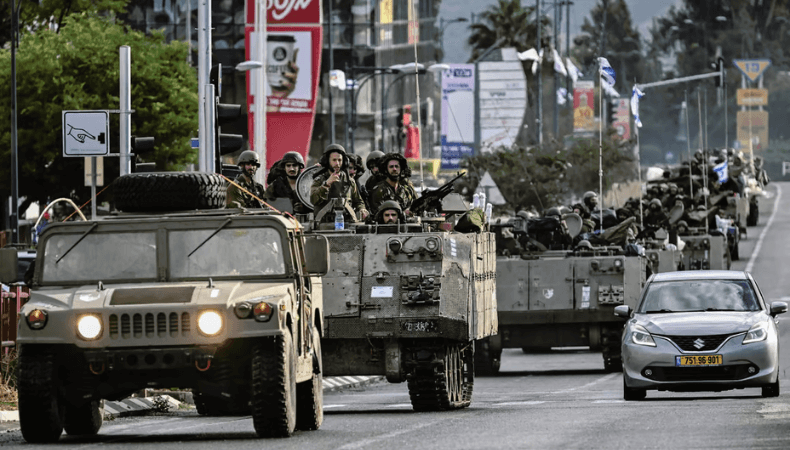
Hezbollah is an armed Shiite Muslim group based in Lebanon. It receives significant support from Iran and is committed to fighting Israel. Israel sees Hezbollah as a major security threat on its border. Tensions have escalated dramatically in recent weeks, with near-daily exchanges of fire resulting in military and civilian deaths on both sides.
The recent clashes mark some of the most serious fighting between the bitter enemies since their month-long war in 2006. The increasing violence is causing growing concerns of an all-out conflict erupting in the region once again.
Timeline of Recent Attacks
On February 7th, an Israeli airstrike on a small village in southern Lebanon killed one elderly civilian man and injured two others critically. Israel said it was targeting Hezbollah sites, but civilians bore the costs. Hezbollah leader Hassan Nasrallah vowed retaliation.
Just two days later, approximately 30 rockets were fired from Lebanon, presumably by Hezbollah forces, directed at communities in northern Israel. Several rockets landed in towns near the border, damaging homes and infrastructure. Israel responded immediately with rounds of artillery shelling in southern Lebanon.
Tensions continued boiling on February 12th when Israeli fighter jets launched a strike targeting a vehicle driving in a Hezbollah-controlled neighborhood in southern Lebanon, seriously injuring a local commander. The attack demonstrated Israel’s expanded targeting of the organization’s personnel in Lebanon.
Three days later, Hezbollah retaliated powerfully, firing several dozen rockets at the Israeli border town of Kiryat Shmona. The indiscriminate rocket barrage landed in civilian areas, including near a hospital, resulting in 3 Israeli civilian deaths. Israel swiftly responded with two waves of airstrikes on identified Hezbollah bunkers and meeting sites in Lebanon, killing over a dozen fighters.
Keep Reading
From February 16th to the 27, barely a day has gone by without reciprocal strikes between the foes. Both sides have utilized aircraft, drones, rocket attacks, naval forces, and artillery to target one another’s military sites, weapons convoys and civilian infrastructure. Dozens of Lebanese and Israeli soldiers and civilians have been killed.
Most recently, on February 27th, Hezbollah fired 6 rockets from southern Lebanon targeting an air base in northern Israel in retaliation for an Israeli strike that killed 2 Hezbollah fighters in eastern Lebanon a day prior. This tit-for-tat escalation shows no signs of slowing.
International Community Calls for De-escalation
As the fighting has intensified, international leaders, including from the United States, Russia and multiple European and Arab countries, have urgently called for renewed ceasefire negotiations before the hostilities cause greater destabilization of the region.
The United Nations peacekeeping force stationed in southern Lebanon is working overtime trying to contain the violence. Given Hezbollah’s increased weaponry and capabilities since 2006, many experts fear a new all-out war could be far more devastating for both Lebanon and Israel’s civilian populations. All efforts must be made for de-escalation. Leaders on both sides should return to the negotiation table before it’s too late.

